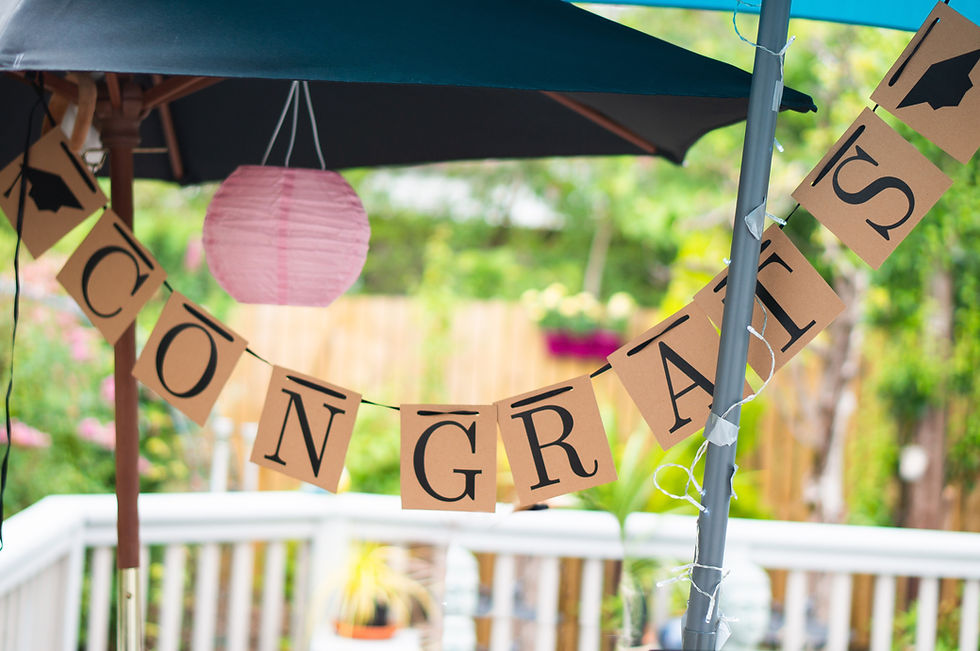Let's Curb Confusion!
- Fairgreen Cluster

- Jun 19, 2019
- 2 min read
Updated: Aug 21, 2019

Every day we are faced with hundreds of choices between what to wear, how to get to work, or what to eat for dinner. One of the hardest choices we face is whether to place our waste in the recycling or the trash. Each day as you scroll down your newsfeed or open the paper there is a new article about the environment and how you can help. Most articles tell you how to be “green” by focusing on recycling, but the biggest problem is no one is telling you how to do it properly. This is where we come in.
A couple times a month, our drivers and laborers come to your house to pick up your bin and throw it in our truck to be dropped off at our MRF (Material Recovery Facility). We deal with thousands of pounds of recyclables every month, flowing through our MRF to be sorted then be shipped off to their next destination. We manage hundreds to thousands of pounds of recycling each week - so you could say we know recycling.
So how should you recycle?
Follow our Prep Steps: One of the biggest problems we encounter with the items brought to our facility is contamination. Contamination is caused by leftover liquids, food, or other contents found in the recycling stream that don’t belong there. Keeping your recyclables Empty, Clean, Dry, & Loose, not only keeps your bin clean, but prevents contamination. If items become contaminated, we cannot send them on to be created into something new.
Size Matters: If the item is smaller than your fist, throw it in the trash. At our facility, if
something is too small it falls through the machine and doesn’t get processed.
No Plastic Bags, Films, or Wraps: Plastic bags, films, and wraps are our machines’ worst
enemies. Our sorting machines spin and rotate to help send each item to the right place. When plastic bags, films and wraps end up in the stream, they become wrapped around our machinery causing them to stop working or even catch on fire.
“Recyclable” Does NOT Always Mean Recyclable Curbside: The beauty of the news
surround recycling, the environment, and our impact is there are so many efforts to expand what we can recycle. However, all of the items that are recyclable do not always belong in your curbside bin. Some items require special machinery in order to be processed properly.
Know What to Recycle: We all want to save the planet. Being dedicated to recycling is a great step. However, throwing unwanted items in your bin could cause problems. Here is a list of common items we accept/don’t accept.
RECYCLABLE
Aerosol Cans
Aluminum Cans, Trays
Books – Soft cover
Bottles
Cans – Aluminum, Tin & Steel
Cardboard Boxes - flattened (Shipping / Moving boxes; paperboard (ex. Cereal boxes / frozen, food boxes) NO PIZZA BOXES or boxes containing food residue!;
Toilet paper, Paper towel rolls
Cartons - Juice, Milk, Soup, Wine
Junk Mail
Newspaper, Magazines, Catalogs
Paper – Colored and Mixed Paper
Paper Bags
Paperboard like Cereal Boxes (no pizza boxes)
All Plastics Labeled #1 & #2 Colored, Natural (But No Black Plastic)
Rigid Plastics Like Jugs, Buckets, or toys Jugs
Wide Mouth Plastics #5 used for Yogurt, Butter, etc.
NOT RECYCLABLE CURBSIDE
Batteries Styrofoam
Black Plastic Wood
Bubble Wrap Wrappers
Ceramics
Clothes Hangers
Clothing
Diapers
Electronics
Glassware
Light bulbs
Paint
Paper Plates
Plastic Bags
Plastic Films
Plastic Utensils
Pots or Pans
Shredded Paper
Straws



Comments